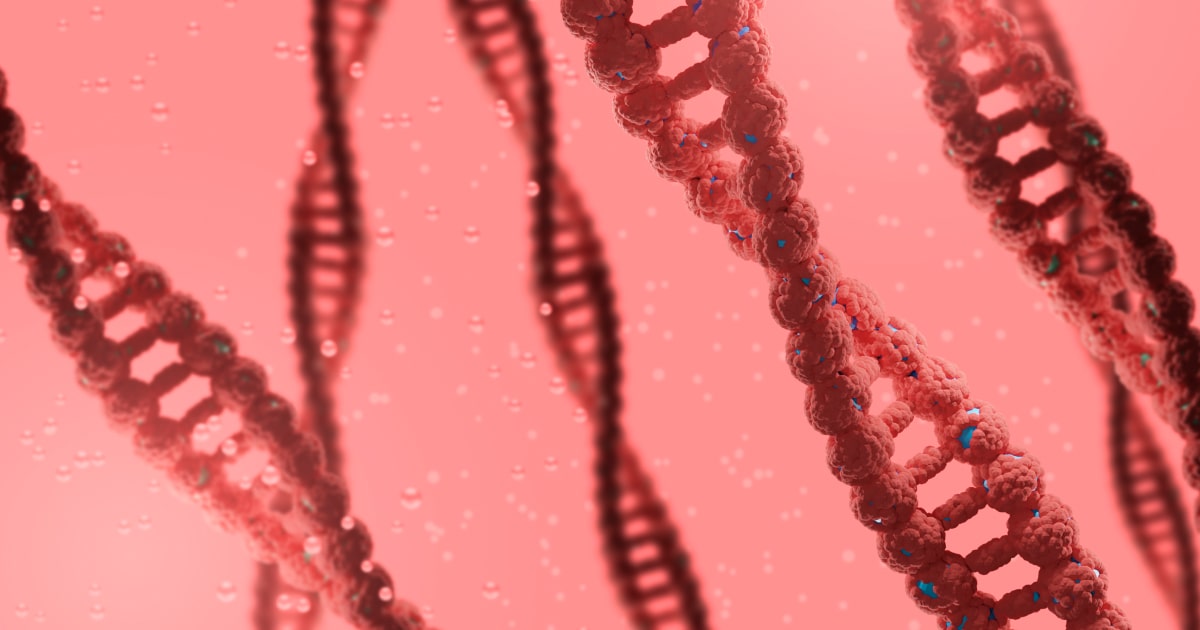
Expert Reviewed By: Dr. Brandon Colby MD
Cranioectodermal dysplasia 2 (CED2) is a rare genetic disorder that primarily affects the skeletal system, leading to a myriad of developmental challenges. With advancements in genetic testing, we are beginning to uncover the genetic underpinnings of this condition, providing hope for affected individuals and their families. In this article, we will explore how genetic testing can illuminate the complexities of CED2 and guide us toward better management and understanding of this rare disorder.
What is Cranioectodermal Dysplasia 2?
Cranioectodermal dysplasia 2 is a subtype of cranioectodermal dysplasia, characterized by the combination of craniofacial, skeletal, and ectodermal anomalies. These include distinctive facial features, short stature, and abnormalities in the hair, nails, and teeth. The condition is inherited in an autosomal recessive pattern, meaning that both copies of the gene in each cell have mutations. Recent research has identified several genes associated with CED2, which helps in understanding the disease's pathology.
Genetic Testing: A Window into the Genetic Landscape of CED2
Genetic testing plays a pivotal role in diagnosing and understanding CED2. By analyzing a patient's DNA, healthcare providers can identify mutations in specific genes known to cause the disorder. This not only confirms the diagnosis but also provides critical information about the genetic mutation's nature and its impact on the patient's health.
Early Diagnosis and Intervention
Early diagnosis through genetic testing allows for timely intervention, which can significantly improve the quality of life for individuals with CED2. Knowing the specific genetic mutation can help healthcare providers anticipate potential complications and tailor medical care to address the unique needs of each patient. For families, early diagnosis provides an opportunity to seek genetic counseling, which can offer guidance on family planning and the likelihood of recurrence in future pregnancies.
Guiding Treatment and Management Strategies
While there is currently no cure for CED2, understanding the genetic basis of the disorder can inform treatment strategies. Genetic testing can reveal the severity of the condition, allowing for personalized management plans. For instance, if a particular mutation is known to affect bone development severely, clinicians can focus on monitoring skeletal growth and providing interventions such as physical therapy or surgical options to address skeletal abnormalities.
Research and Future Therapies
The insights gained from genetic testing are not only beneficial for current patients but also pave the way for future research. By identifying the genetic mutations responsible for CED2, researchers can explore potential therapeutic targets. The study of conditions like spondyloepimetaphyseal dysplasia, as highlighted in the recent research, emphasizes the importance of genes like CCN2 in bone formation and skeletal dysplasia. These findings could eventually lead to the development of targeted therapies that address the root cause of the disorder rather than just managing symptoms.
The Importance of Genetic Counseling
Genetic counseling is an integral part of the genetic testing process for CED2. Certified genetic counselors can help families understand the implications of test results, provide emotional support, and discuss the options available for managing the condition. They can also offer insights into the inheritance patterns of CED2, helping families make informed decisions about their future.
Conclusion
Genetic testing is a powerful tool that is unlocking the mysteries of cranioectodermal dysplasia 2. By providing a clearer picture of the genetic mutations involved, it enables early diagnosis, personalized treatment, and informs ongoing research efforts. As science continues to advance, the hope is that these insights will lead to more effective treatments and, ultimately, a better quality of life for those affected by this rare disorder.
About The Expert Reviewer
Dr. Brandon Colby MD is a US physician specializing in the personalized prevention of disease through the use of genomic technologies. He’s an expert in genetic testing, genetic analysis, and precision medicine. Dr. Colby is also the Founder of and the author of Outsmart Your Genes.
Dr. Colby holds an MD from the Mount Sinai School of Medicine, an MBA from Stanford University’s Graduate School of Business, and a degree in Genetics with Honors from the University of Michigan. He is an Affiliate Specialist of the American College of Medical Genetics and Genomics (ACMG), an Associate of the American College of Preventive Medicine (ACPM), and a member of the National Society of Genetic Counselors (NSGC)